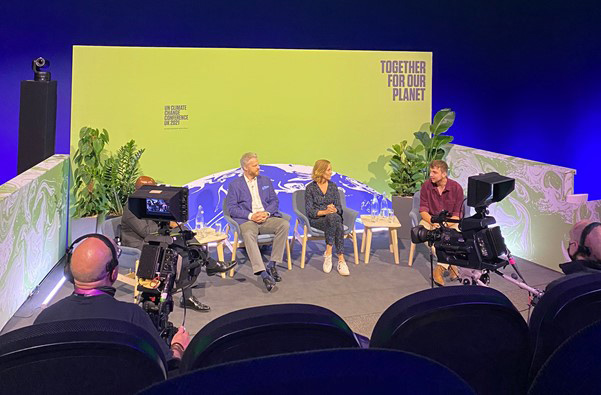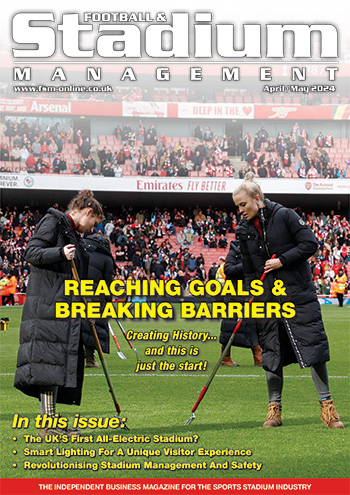Reflections On COP26 From BASIS CEO Dr Russell Seymour
 This week, with the COP26 Climate Change talks starting to fade into the flurry of more recent news, BASIS presented a webinar on COP26 and its implications for sport. If you simply followed the news coverage of the talks you may be hard pressed to decide whether the final document, “the Glasgow Climate Pact”, was a triumph of international diplomacy or an environmental catastrophe – both have been reported in equal measure. The sad, and perhaps confusing, truth is that both are likely to be true.
This week, with the COP26 Climate Change talks starting to fade into the flurry of more recent news, BASIS presented a webinar on COP26 and its implications for sport. If you simply followed the news coverage of the talks you may be hard pressed to decide whether the final document, “the Glasgow Climate Pact”, was a triumph of international diplomacy or an environmental catastrophe – both have been reported in equal measure. The sad, and perhaps confusing, truth is that both are likely to be true.
Full of terms such as “urges”, “calls upon”, “requests” and “invites”, the language in the Pact feels weak, and the final document has been described as “a historically shameful dereliction of duty” by Mary Robinson, Chair of the Elders and former President of Ireland. But this is how international agreements are written, with nearly 200 countries represented, all parties must agree on every single word, so there will always be ‘soft’ language and compromise.
In amongst the political language, the stand out points in the Pact include; a resolution to “pursue efforts to limit the temperature increase to 1.5°C”, building on the previously aspirational statement from the Paris agreement. There is a direct reference to burning coal, although the last-minute shenanigans to downgrade from phasing out to phasing down coal use threatened to scupper the whole agreement. In addition, there is a requirement for countries to present new carbon reduction plans at the COP27 meeting in Egypt next year (rather than in five years’ time, as per the Paris agreement).
I know that I was caught up in the pre-COP26 optimism that this could, and should, be a breakthrough conference – perhaps our last opportunity to “save the world”. But, in retrospect, the outcome may have been as good as it could have been – after all, this is how international politics works. It will never provide an instant and dramatic solution but, instead, works incrementally, a ratchet system inching us closer to a solution.
But while we might inch forwards, we are falling miles back.
What COP26 demonstrates is that the political solution cannot be the final, or only, solution. It is rare that governments set the agenda, but they respond to their electorates (or to the internal party hierarchy in non-democratic countries). So, other actors must step up to accelerate change.
Sport was represented at COP26 like never before and we should be heartened by that. But the actions were largely disparate and uncoordinated. It is time for sport to decide what role we can play in mitigating and adapting to the environmental and societal impacts of climate change. The sports we love are already being affected and this will only increase. And the same goes for the communities where we work and play. We can speak to our players and fans – the very same “public” who are calling for leadership around climate change.
BASIS has started this process with the publication of our “One World – One Team – One Chance” report, which provides a ten-point plan for how we can build a more resilient, more sustainable future in these difficult times. The full impacts of climate change are likely to be more profound than the pandemic. Our sports, our jobs, our society will be impacted, so our sector has a real and genuine voice. We should, and we must, develop a single, united approach to addressing climate change.
We need to add a fourth term to the title of our report as a clarion call to sport – “One World – One Team – One Chance – One Voice.”
















































